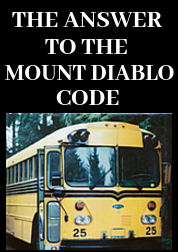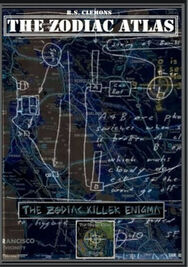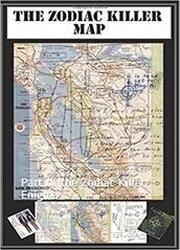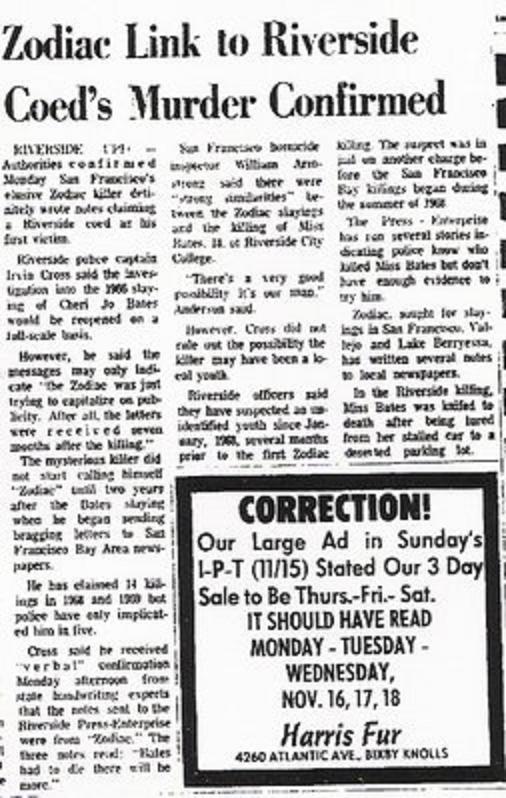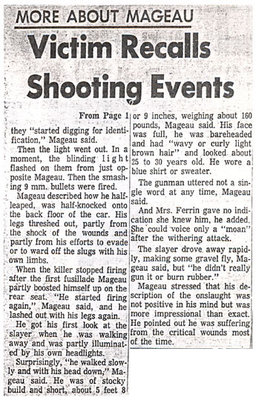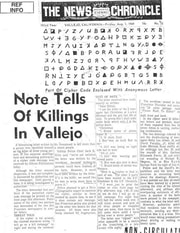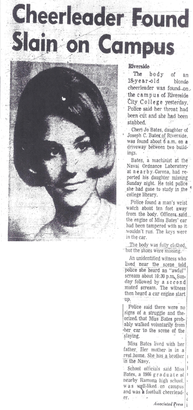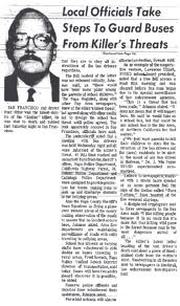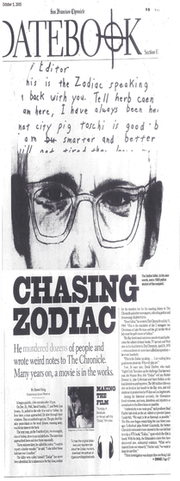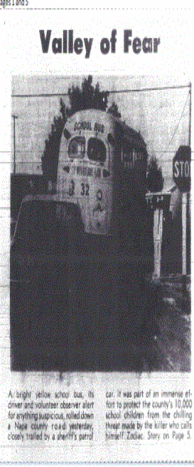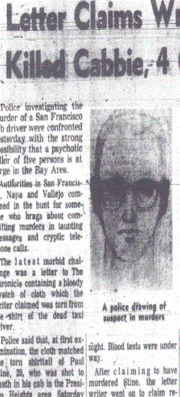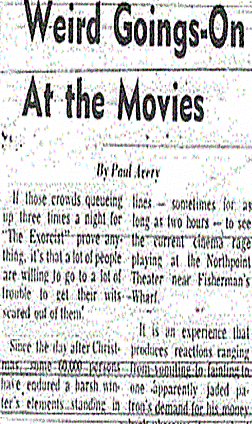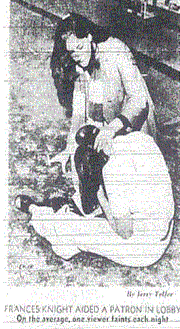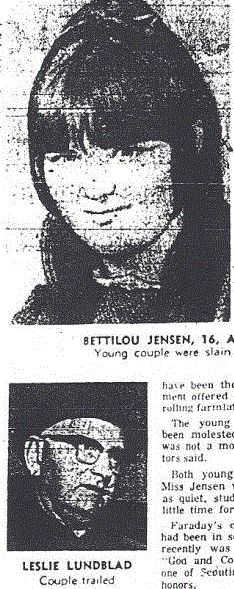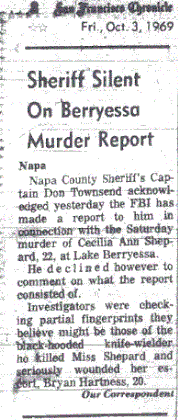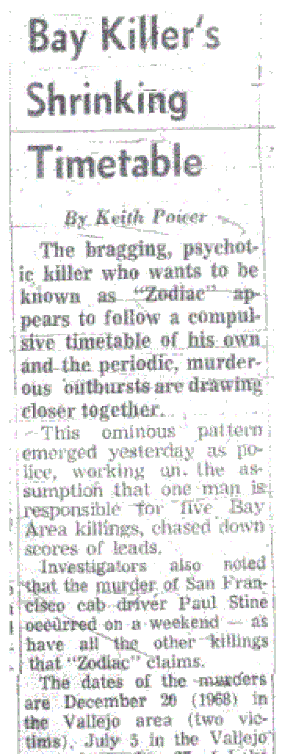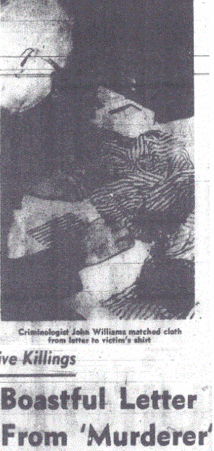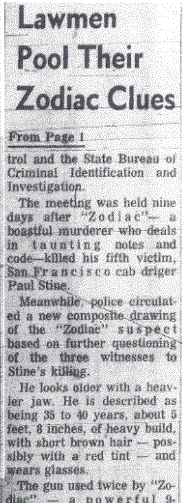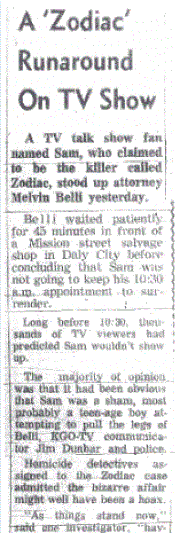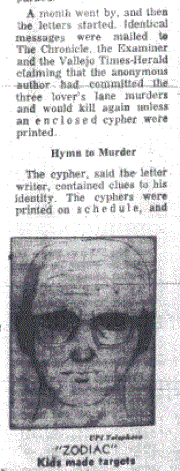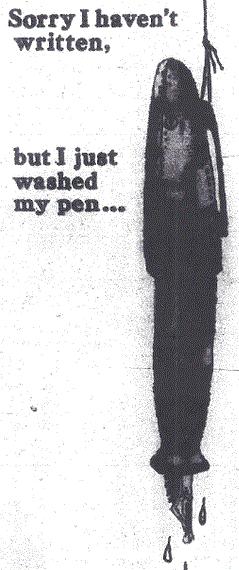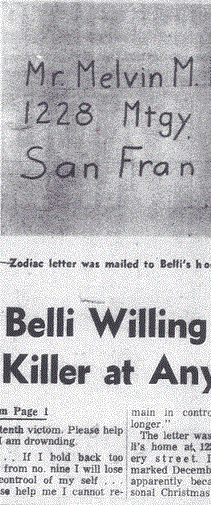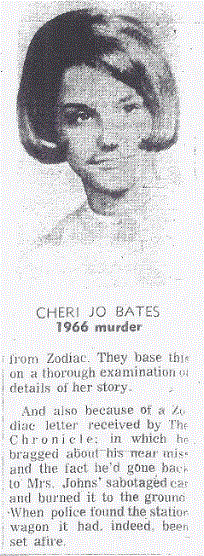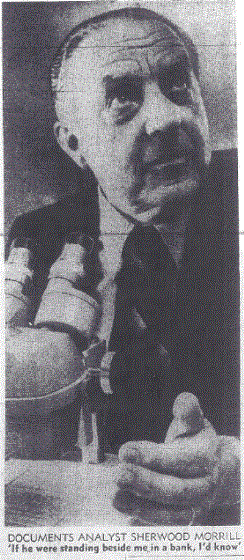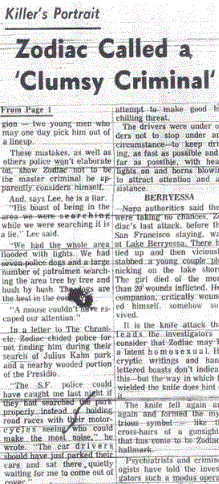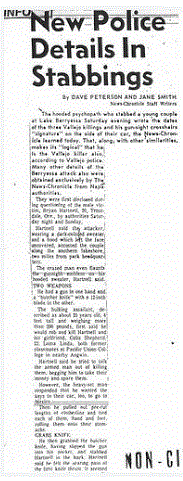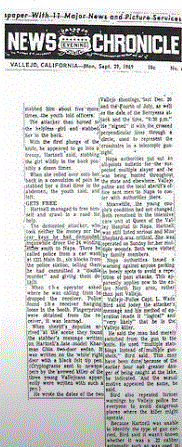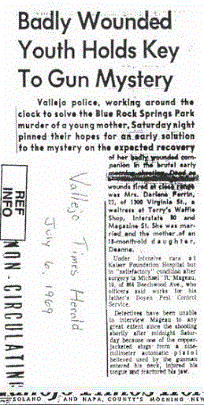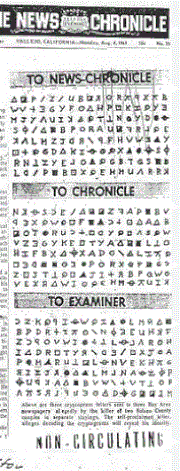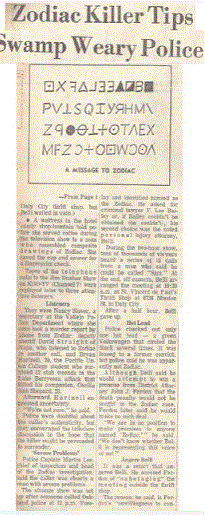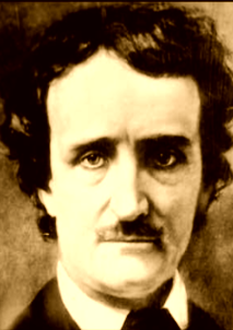 Edgar Allan Poe
Edgar Allan Poe It has been proposed that Dr. Marsh was invoking the name of Edgar Allan Poe to guide the Zodiac Killer down the path of creating a code featured in one of Poe's essays or journals. Just over two weeks later, on November 8th 1969, the Zodiac Killer mailed the recently solved 340 cipher. The scytale method of decryption, that can be used to reveal the message in Zodiac's 340 cipher, was featured in the opening section of Edgar Allan Poe's essay A Few Words on Secret Writing. The final section of the revealed message in the 340 cipher almost mirrored one of Poe's poems, The final line of the 340 cipher was probably intended to read: "I AM NOT AFRAID BECAUSE I KNOW THAT MY NEW LIFE IS DEATH. LIFE WILL BE AN EASY ONE IN PARADICE". "To One in Paradise" was written by Edgar Allan Poe. This poem was first published as part of the short story titled "The Visionary" (later retitled as "The Assignation"). The poem was also published under the names "To lanthe in Heaven" and "To One Beloved". The title "To One in Paradise" was used in the February 25, 1843 Saturday Musuem. This poem was written after the death of Poe's wife. He writes that she was his life and he lived for her and now he looks forward to the future where they will be together again in death. In the Zodiac Killer's 408 cipher, part of the message read: "the best part of it is that when I die I will be reborn in paradise and all the I have killed will become my slaves". The question has always been - what was the inspiration for some of the language he adopted?
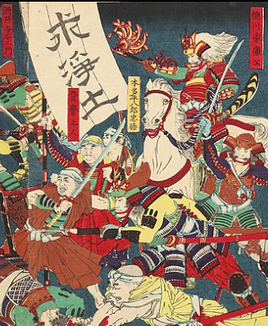 Battle of Azukizaka
Battle of Azukizaka The Zodiac would feature three acts from The Mikado in his July 26th 1970 and January 29th 1974 letters - leading many to believe the Zodiac Killer had an avid interest in the theatre, or quite possibly worked there. His Japanese style characters at the foot of the 1974 Exorcist letter could suggest an affinity to Japanese history or culture.
Taken from Palladiummag.com: "The world of medieval Japan was one of division. The Emperor was, in practice, a distant memory; the shoguns had lost all control over their vassals. Even shrines and temples, once united in strengthening the state through prayer and ritual, now competed for believers and alms. Japan was divided against itself and circumstances forced its inhabitants to form new bonds to survive. Among the new alliances which this age produced were the Ikkō-ikki, a network of autonomous religious collectives that led major uprisings and controlled significant parts of Japanese society for nearly a century. Their final defeat at the hands of Japan’s warrior class set the stage both for a centralized Japanese state and the social hierarchy behind it. Nobunaga, head of the powerful Oda clan, conquered the capital city of Kyoto in 1568. In the years that followed, he made clear his intention to destroy the Honganji sect. The Patriarch Kennyo took him at his word and summoned all Ikkō-ikki from across the country to defend the faith with their lives. Despite graver circumstances than those faced by his predecessor Shonyo, Kennyo did not go as far as implying that those who fought for the Amida Buddha would be guaranteed rebirth in the Pure Land. Nevertheless, he threatened expulsion from the sect for those who failed to respond to the call and he did not crack down on those who raised the Ikkō-ikki’s now-famous banner of war: “Advance and be reborn in Paradise, retreat and fall immediately into Hell.”
Bearing in mind the numerous plagiaristic references to The Mikado in his letters, along with the plausible connection between the afterlife poem To One in Paradise from Edgar Allan Poe and the wording chosen in the 340 cipher, was the Zodiac Killer influenced by the Japanese Ikkō-ikki’s banner of war “Advance and be reborn in Paradise" and an affinity for the country's culture and belief system, that ultimately manifested in part of his 408 cipher? Not so much a paradise lost, but a paradise found.




 RSS Feed
RSS Feed

